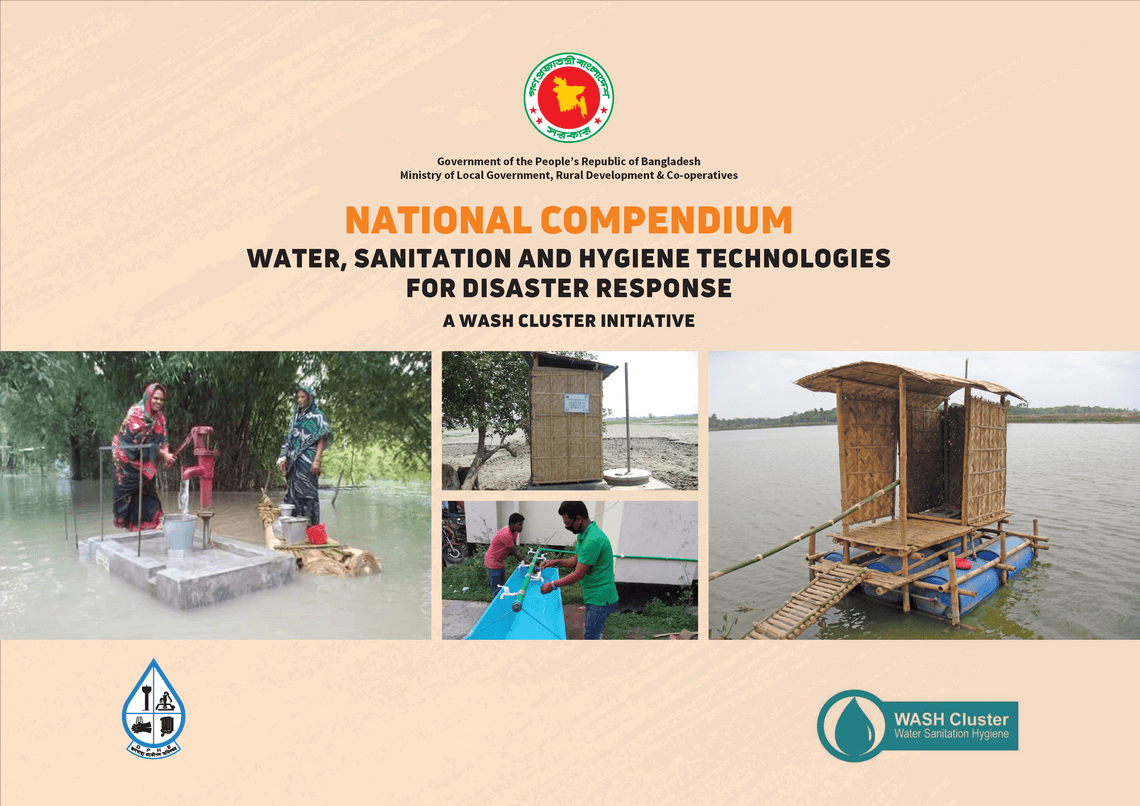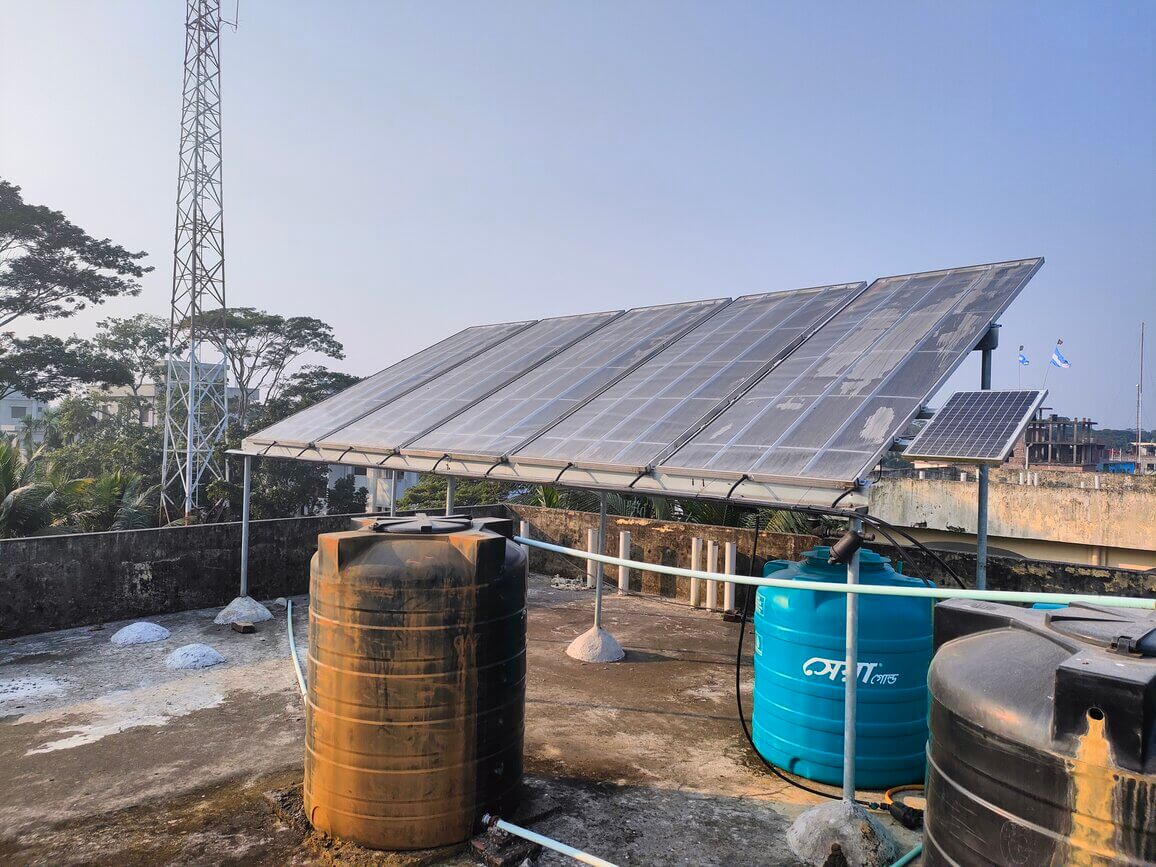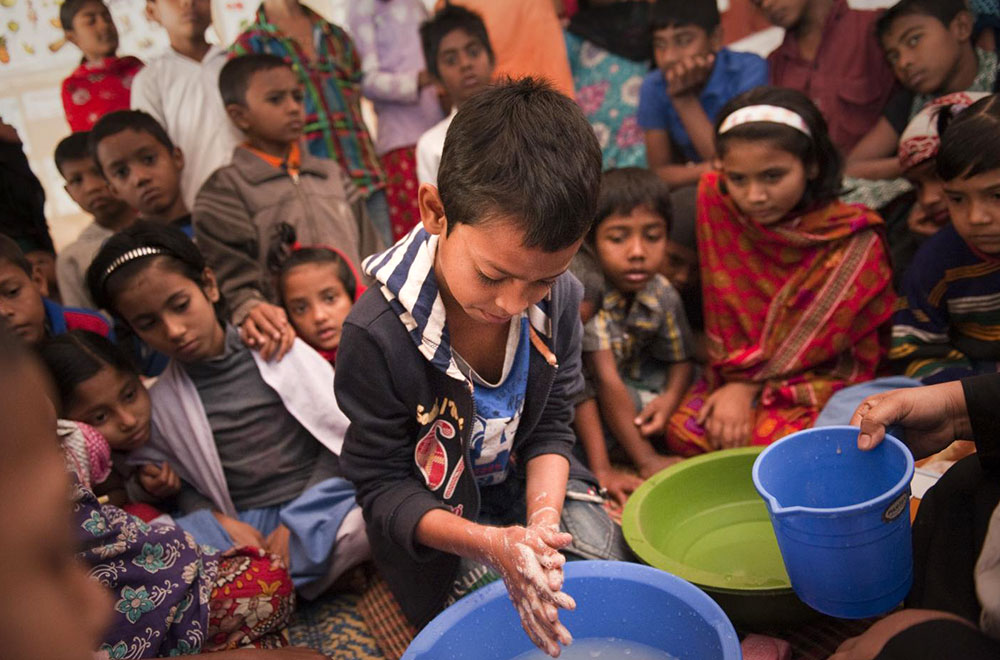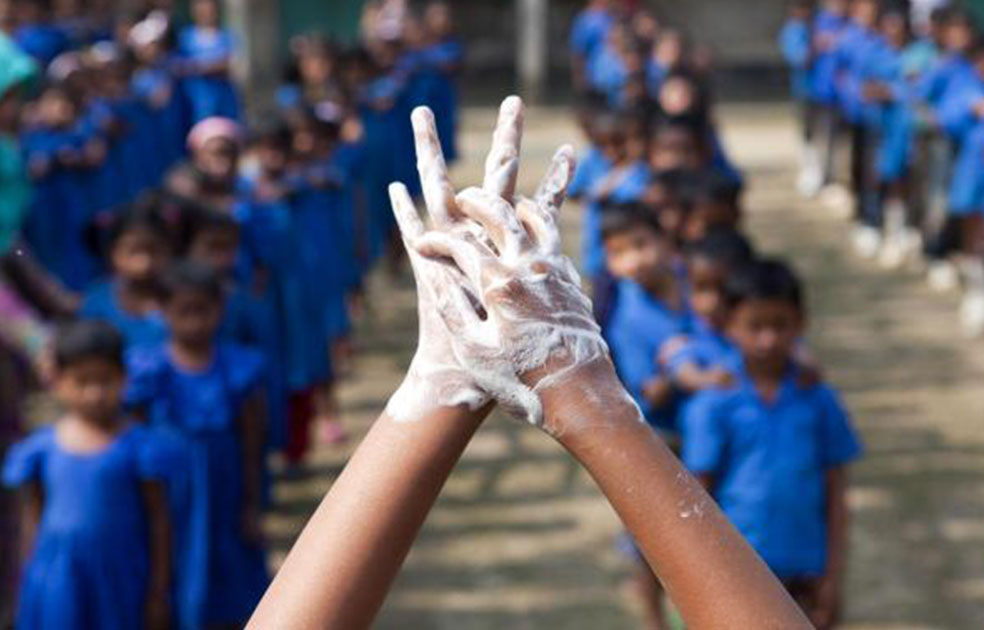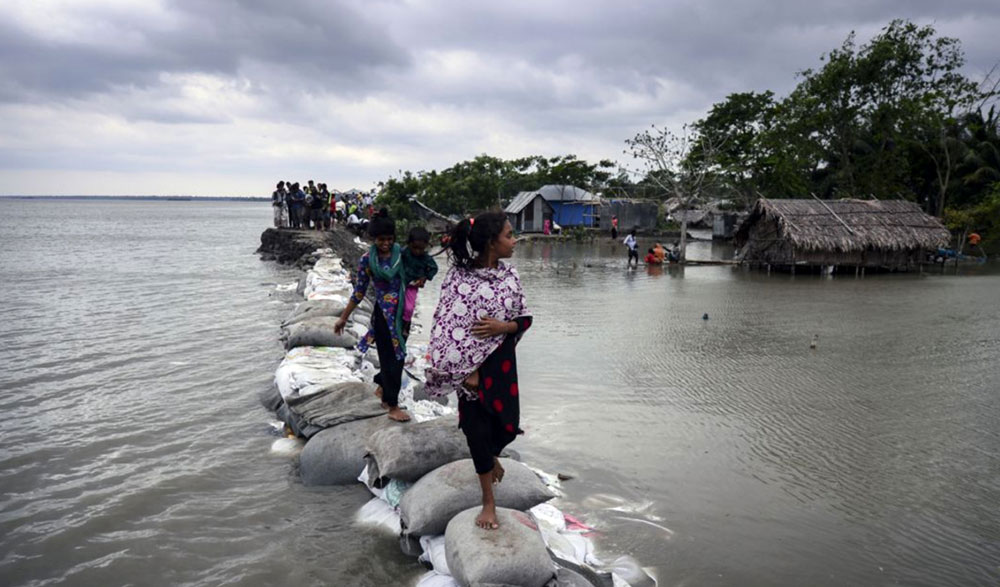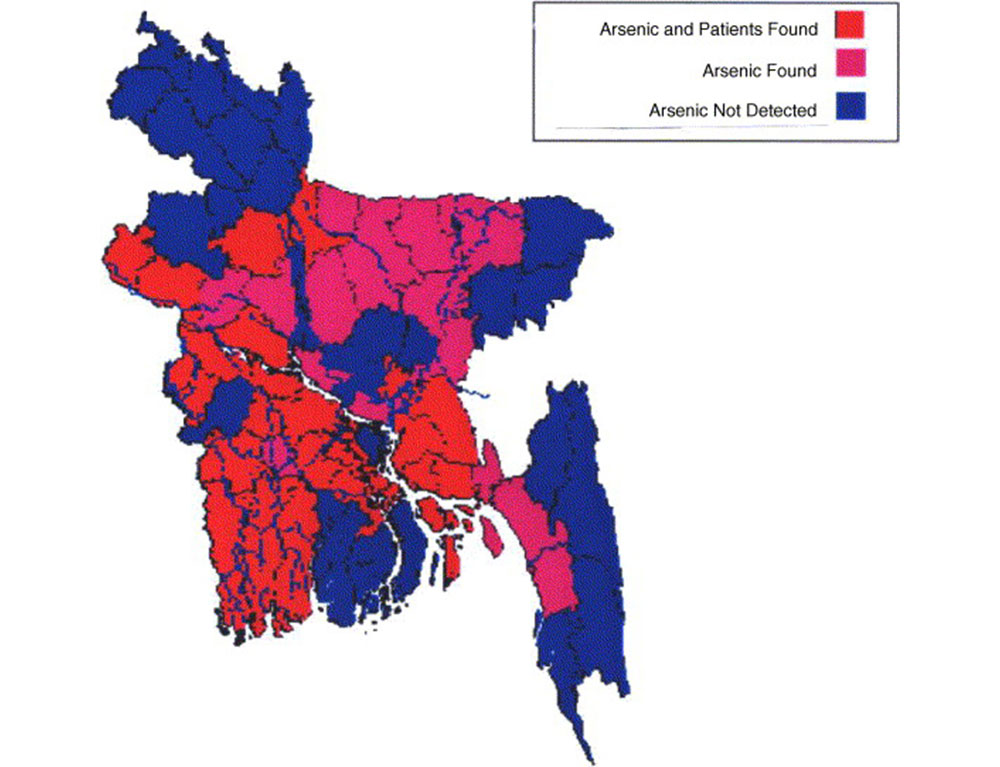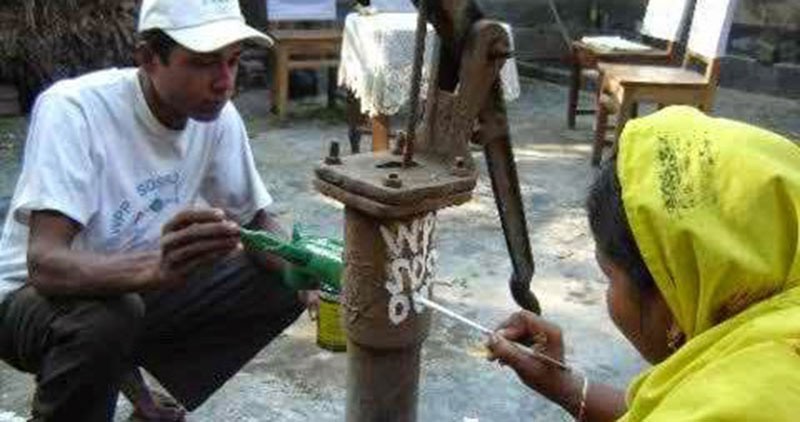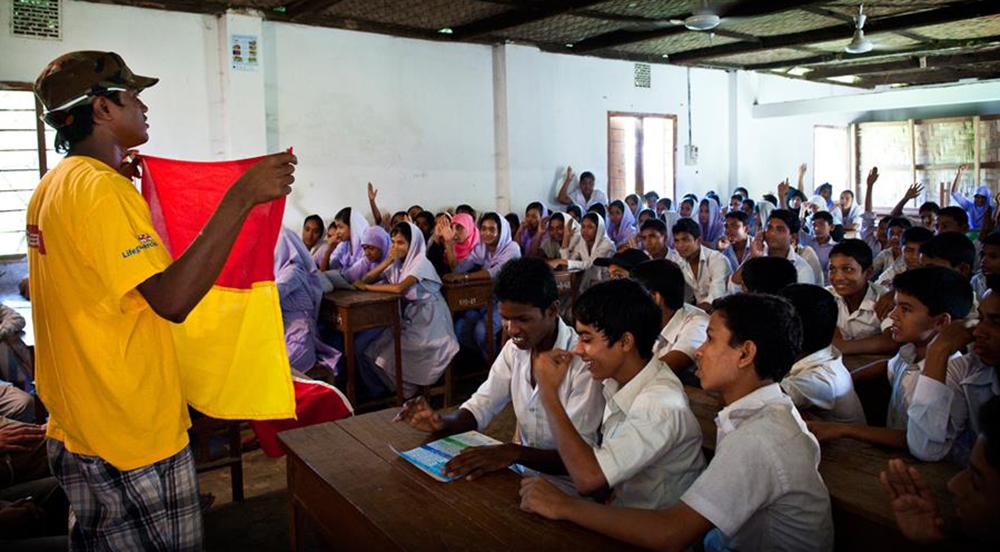Water
Developing of National Compendium of Water, Sanitation and Hygiene Technologies for Disaster Response
ITN-BUET developed a comprehensive National Compendium of WASH technologies for disaster response in Bangladesh, detailing technical specifications, drawings, costs, and emergency suitability to enhance disaster preparedness and response efforts.
Performance Evaluation of Water Desalination Systems of Safe Water Supply Project through Environment Friendly Solar Desalination Unit
The prime objective of this assignment is to evaluate the water desalination technology and its efficiency based on users’ feedback at field level and provide recommendations for the further expansion of the interventions.
December 2022 to January 2023
Developing National Compendium of Water, Sanitation and Hygiene (WASH) Technologies in Emergencies, Bangladesh
UNICEF engaged ITN-BUET to develop a national compendium of WASH technologies for emergencies in Bangladesh to address critical needs during disaster response.
February 2021 to May 2021
Development of National Operation and Maintenance (O&M) Guideline for Water, Sanitation and Hygiene (WASH) in Bangladesh
ITN-BUET, supported by UNICEF, is providing technical assistance to formulate the National Operation and Maintenance Strategy/Guideline for WASH infrastructures in Bangladesh.
June 2020 to ongoing
Training on Facing the Challenges of Climate Change in Water and Sanitation Sector in Bangladesh
DPHE and ITN-BUET organized eight training programs to equip class-1 officers with skills for managing water and sanitation challenges related to climate change. These sessions aimed to enhance disaster management capabilities and ensure effective technological solutions.
March 2014 to June 2014
Study on Suitable Water Options for the Arsenic and Salinity Zone of Bangladesh
The study evaluated water supply options in arsenic-prone Laksam, Comilla, and salinity-prone Assasuni, Satkhira, focusing on their effectiveness in removing contaminants, maintenance needs, and user acceptance to identify suitable solutions.
September 2016 to November 2016
Review and Development of Resilient and Inclusive WASH Technologies Album
ITN-BUET and Oxfam reviewed successful water and sanitation technologies in Bangladesh and developed an album of inclusive and resilient WASH technologies for broader replication by sector organizations.
June 2016 to May 2017
Technical Assistance for Combating Arsenic Pollution Through Sustainable WASH Interventions for Extreme Poor in the Remote Rural Areas of Bangladesh
ITN-BUET provided technical assistance for piloting arsenic mitigation technologies in char areas of three districts in Bangladesh, where Concern Worldwide found high arsenic levels in intervention tubewells.
December 2015 to October 2016
Study on WASH (Water, Sanitation and Hygiene) Challenges in Slum areas of Dhaka City
The study analyzed WASH services in four Dhaka slums across various contexts, identifying issues with unsafe water, unhygienic latrines, and improper waste disposal. It provided insights into the challenges and causes of poor WASH conditions in these areas.
April 2014 to June 2014
Development of education materials including teaching guide on Water Safety Plan for university curriculum
The concept of WSP was relatively new in the course curriculum of most technical universities. At the same time, new lessons had been learnt from the implementation of WSPs in […]
September 2013 to December 2013


